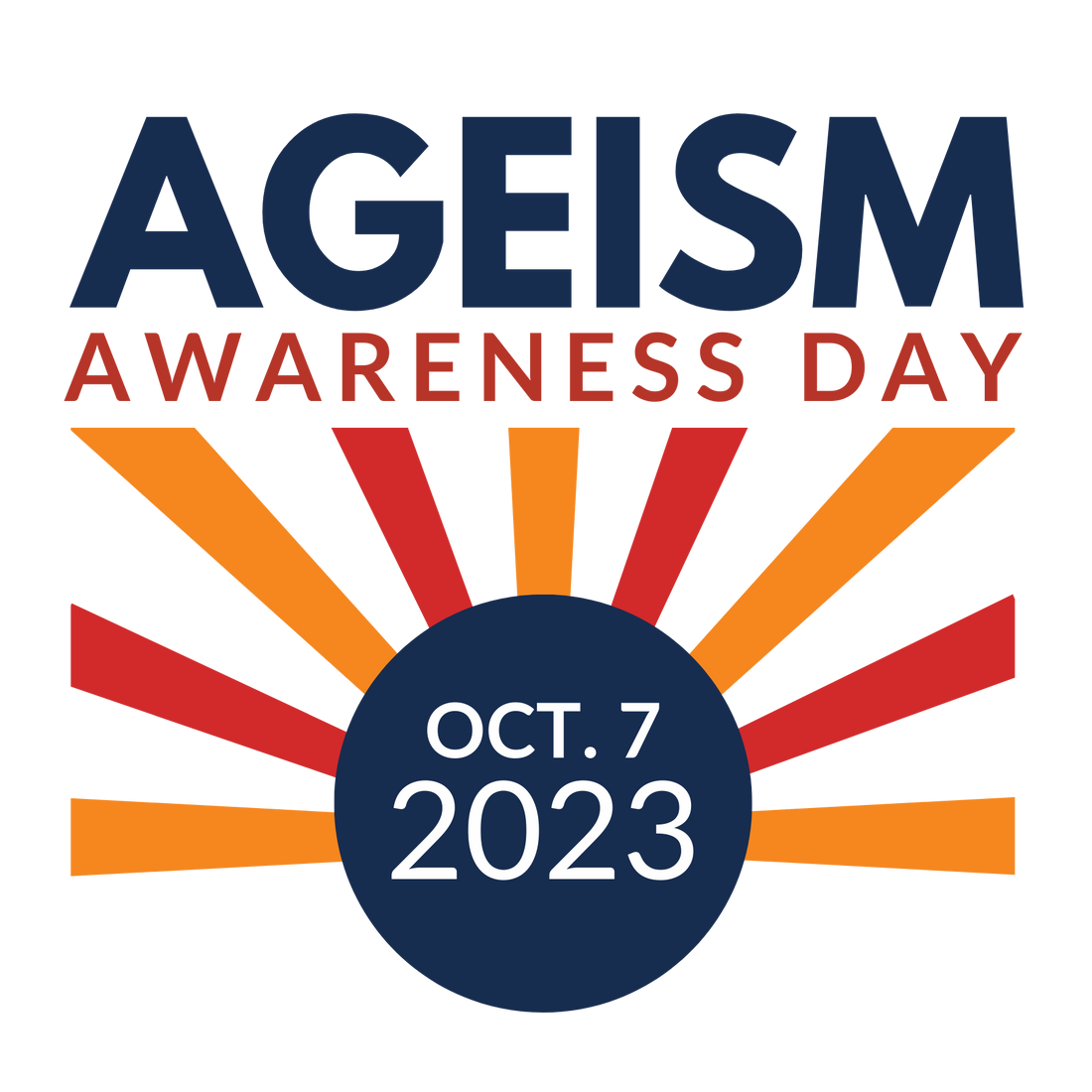October 7 is Ageism Awareness Day, an important event because it brings attention to what has been termed the last socially acceptable prejudice – ageism. Ageism refers to the discrimination, stereotypes and prejudice that people may experience based on their age, whether they are young or old. Like ableism, racism, sexism, and homophobia, ageism perpetuates unfair treatment and undermines people’s dignity and rights.
Here’s seven reasons why Ageism Awareness Day is important, not in any particular order:
1. Promotes Equity and Inclusion: Ageism Awareness Day helps to foster a more inclusive town where people of all ages are treated with respect and dignity. Let’s recognize the value that people of different age groups bring to our communities.
2. Challenges Stereotypes: Ageism often leads to harmful stereotypes about older or younger people. These stereotypes can impact employment opportunities, housing, healthcare decisions and overall social interactions. Let’s challenge these stereotypes and promote understanding people’s abilities and potential, regardless of our age.
3. Supports Mental Health: Ageism can have a negative impact on mental health, leading to feelings of isolation, low self-esteem and depression. Let’s build a town where people can age gracefully and feel valued at any stage of our lives.
4. Advocates for Policy Changes: Ageism Awareness Day can serve as a platform to advocate for policy changes that combat age-related discrimination. In order to do that, we need to think outside the box – just doing more of what we’ve been doing for the past 50 years will not cut it. These policy changes might include protections against age-based workplace discrimination, providing accessible housing, ensuring accessible healthcare for all age groups and promoting intergenerational programs that encourage positive interactions between different generations.
5. Promotes Positive Aging: Ageism Awareness Day can contribute to changing societal attitudes towards aging. This can help people live longer and encourage older people to continue activities that promote physical and mental health, rather than feeling othered or marginalized due to our age.
6. Strengthens Communities: Addressing ageism helps make our town more livable by recognizing the strengths and contributions of older members and valuing the potential and innovation brought by younger people. This is one of the keys to Aging-In-Communities.
7. Encourages Conversations: Ageism Awareness Day prompts conversations about the biases and prejudices that exist based on age. Too often, most people just don’t want to talk about growing older because most of us believe that old is bad and young is good. This is an important conversation that can lead to greater awareness, empathy, and ultimately, a more respectful and inclusive town.
On Ageism Awareness Day, Oct. 7, let’s take a moment to consider how we treat and judge other people and how we want to be treated and judged as we age. Let’s try to promote a town that values and respects individuals of all ages.

